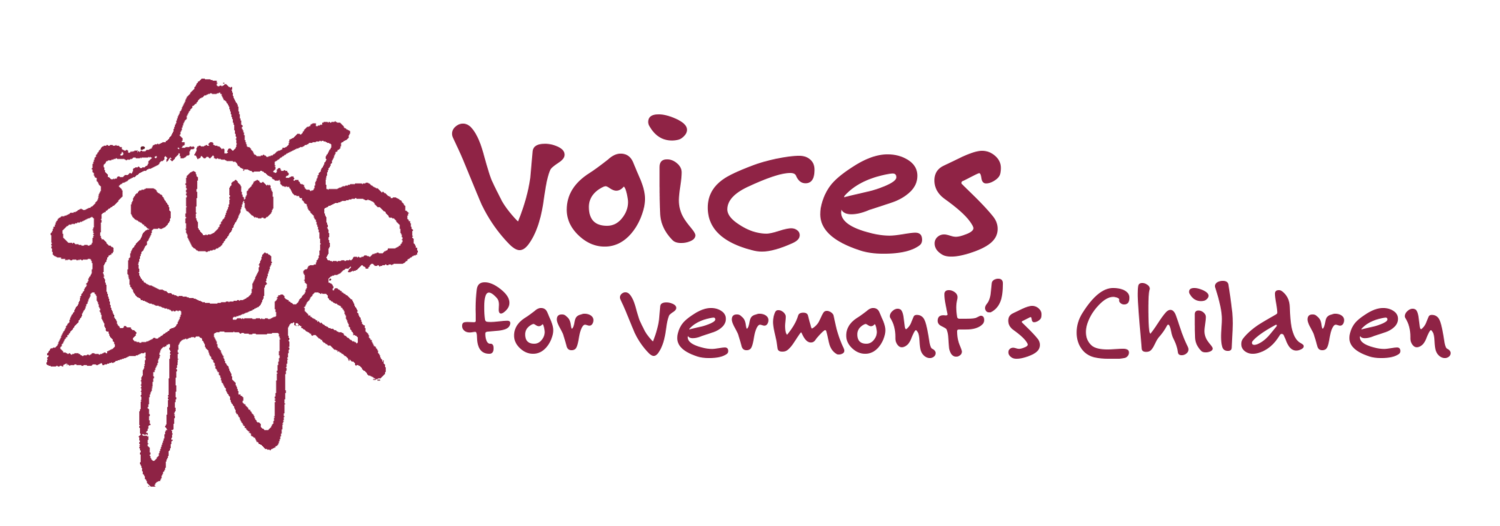
Join us in building a just, equitable Vermont where every child, youth and family have what they need to thrive!
As Vermont navigates a benefits crisis amid the government shutdown, the Annie E Casey Foundation’s new data snapshot report on the Supplemental Poverty Measure clearly validates that safety net programs work, and that withdrawing public investment brings serious consequences for child well-being.
There’s a moment in childbirth called transition when everything intensifies – emotions are bigger, pain is sharper, and it’s not uncommon for the person giving birth, overwhelmed with fear and exhaustion, to cry “I can’t do it!” The same dynamic plays out in social change movements. Right now, we are navigating backlash against decades of painstaking progress toward equity and justice. We are reeling from the impacts, but when it comes to our kids’ futures, we must dig deep, tap into our shared power, and deliver the world they deserve.
The 2025 legislative session was marked by uncertainty and upheaval, as lawmakers in Vermont took up sweeping proposals with lasting implications for children and youth—against a national backdrop of unprecedented attacks on diversity, equity, and inclusion; as well as immigrant rights, reproductive freedom, trans rights, and disability justice, and unparalleled efforts by the Trump administration and Congress to dismantle essential federal institutions, protections, and funding streams.
Vermont ranks second in child well-being, according to the 2025 KIDS COUNT Data Book, a 50-state report of recent data developed by the Annie E. Casey Foundation analyzing how kids are faring in post-pandemic America.




